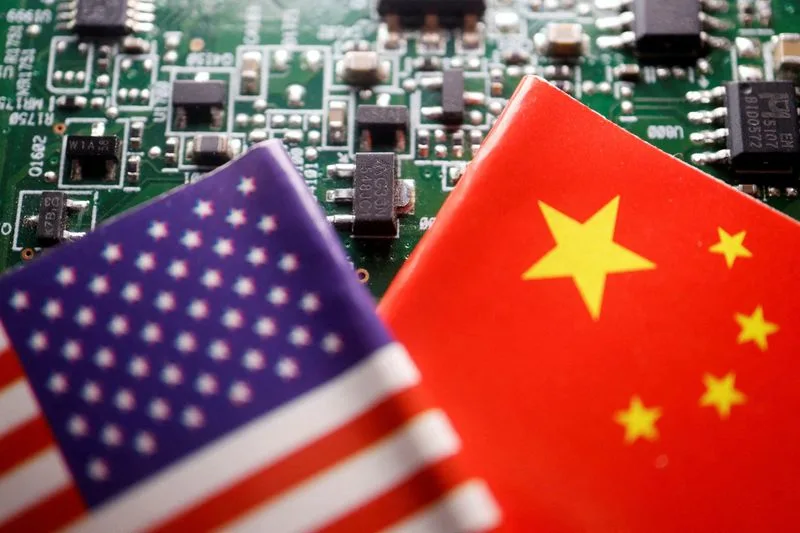On Friday, U.S. Ambassador to China Nicholas Burns said he had begun talks with Beijing to renew a major US-China agreement, but prospects were doubtful.

Nicholas Burns, the US Ambassador to China, said he has begun talks with Beijing to renew a landmark scientific collaboration deal. (Source: REUTERS)
Renewing U.S.-China Scientific Agreement Faces Challenges
The U.S. accuses China of stealing U.S. scientific and commercial successes, which has raised concerns about renewing the 1979 U.S.-China Science and Technology Agreement (STA). The U.S. State Department sought a six-month extension to the treaty that expired that month in August to negotiate stronger conditions with Beijing, which enthusiastically wanted renewal. Burns told Brookings Institution attendees that the pact constituted the “bedrock” of U.S.-China cooperation, but it did not account for AI, biotechnology, machine learning, and quantum mathematics. Burns claims to have met with the new (Chinese) minister of science and technology just a few weeks ago in Beijing. They are starting a discussion with them about whether or not to extend it, to have a new agreement, and what concerns would be involved, and he believes it will be hard. They dismissed our ideas that it needed to be modernized and that we would disagree. He believes both parties are in agreement.
US proponents of renewing the deal say it would lose important insight into China’s technical achievements without it. Some Republicans in Congress have called for its scrapping, citing concerns about industrial espionage, coerced technology transfers, and other measures that could fuel China’s military expansion. Many analysts believe the deal must be revised to protect U.S. innovation in a period of strategic competition with China. After diplomatic relations plummeted earlier in the year, U.S. President Joe Biden and China’s leader Xi Jinping agreed during a conference in San Francisco in November to improve communication. However, the countries remain geopolitical enemies.
READ ALSO: United Nations General Assembly Meeting Discusses US-China Relations

















































